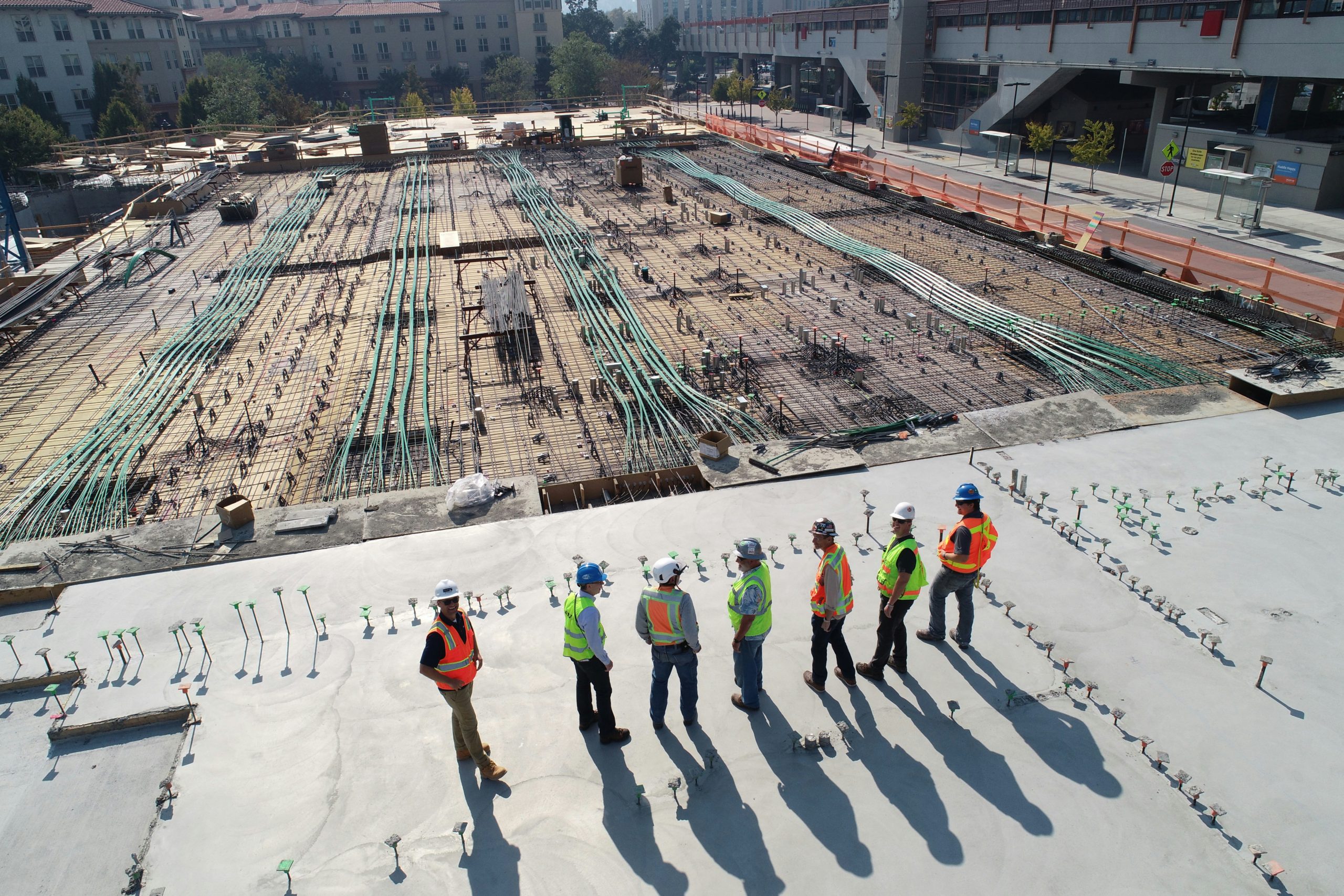Job Description:
Construction workers, often referred to as laborers or construction laborers, perform a variety of tasks on construction sites under the supervision of foremen, contractors, or project managers. They work in diverse environments, including residential, commercial, industrial, and infrastructure projects. Here’s a breakdown of their responsibilities:
Responsibilities:
- Site Preparation: Assist in preparing construction sites for work by clearing debris, setting up barricades, erecting temporary structures, and laying out materials and tools.
- Material Handling: Load, unload, and transport construction materials, tools, equipment, and supplies using manual or mechanical means such as forklifts, cranes, or wheelbarrows.
- Demolition and Cleanup: Perform demolition activities such as breaking down structures, removing debris, and clearing rubble from construction sites, as well as cleaning and tidying up work areas.
- Assisting Skilled Workers: Provide assistance to skilled workers, tradespeople, or equipment operators by handing them tools, materials, or equipment, and following their instructions to complete tasks.
- Construction Support: Assist in the installation, assembly, or erection of structures, components, or building materials, including framing, roofing, siding, or concrete work, under the supervision of experienced workers.
- Concrete Work: Assist with concrete pouring, finishing, and curing operations, including setting up forms, placing rebar or wire mesh, and spreading, leveling, and smoothing concrete surfaces.
- Excavation and Earthmoving: Perform excavation, trenching, grading, and earthmoving activities using hand tools or powered equipment such as backhoes, excavators, or bulldozers to prepare sites for construction.
- Equipment Operation: Operate basic hand tools, power tools, and equipment such as drills, saws, hammers, and pneumatic tools to perform tasks such as cutting, drilling, nailing, or fastening materials.
- Safety Compliance: Adhere to safety protocols and regulations, including wearing appropriate personal protective equipment (PPE), following safe work practices, and participating in safety training programs.
- Documentation: Maintain accurate records of work performed, including materials used, hours worked, and tasks completed, and submit reports or logbooks as required by supervisors or project managers.
Requirements:
- Physical Stamina: Ability to perform physically demanding tasks, including lifting and carrying heavy objects, standing for extended periods, bending, kneeling, and working in various weather conditions.
- Manual Dexterity: Proficiency in using hand tools, power tools, and equipment safely and effectively to perform tasks accurately and efficiently.
- Attention to Detail: Carefulness and attention to detail in following instructions, handling materials, and performing tasks to ensure quality workmanship and safety.
- Communication Skills: Basic verbal communication skills to understand instructions, ask questions, and communicate with coworkers and supervisors effectively.
- Reliability: Dependability and punctuality in fulfilling scheduled shifts and responsibilities, as well as the ability to work independently with minimal supervision.
- Safety Consciousness: Commitment to workplace safety and adherence to safety protocols to prevent accidents, injuries, or property damage.
- Teamwork: Ability to work effectively as part of a team, communicate clearly with coworkers and supervisors, and collaborate to achieve project goals.
- Flexibility: Willingness to work in various environments, including construction sites, warehouses, or outdoor settings, and adapt to changing job assignments or priorities.
- High School Diploma: Education requirements typically include a high school diploma or equivalent qualification.

